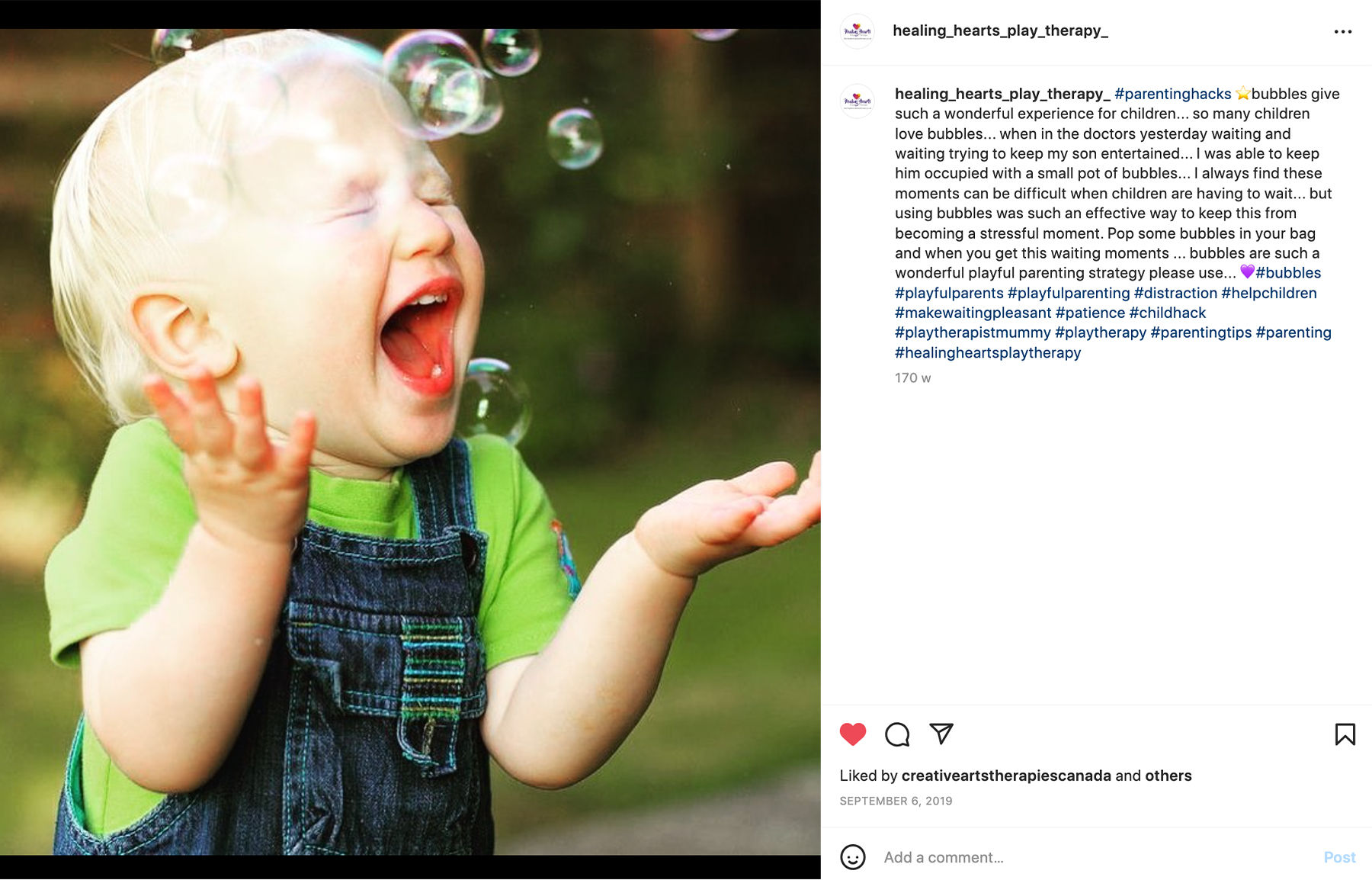Use arrow keys to navigate through the menu items. Use Tab key to navigate through the menu banners.
Positive Toddler Behaviour

Positive Toddler Behaviour
Conscious parenting coach Navit Schechter (@conscious_and_calm) shares 7 secrets for a more harmonious home life
While it might drive you crazy when your little one throws food on the floor and draws on the walls, these are actually signs of normal, healthy development: your toddler is becoming more independent. Instead of losing your cool, you can encourage positive behaviour and better enjoy the ‘terrific’ twos and threes. Here’s how to do it.
1. Stay calm
Toddlers are continually testing out their environment and pushing their boundaries to learn about the world. Combine this with an immature brain that has yet to fully develop its ability for self-control, and it can be a recipe for disaster.
Shouting, smacking and enforcing time-outs for behaviours that they can’t help, can make toddlers feel guilty, anxious and ashamed. It can also damage the connection between you and your child and cause feelings of resentment to build up.
What’s more, research shows that punishments like these are more likely to make children act out again in the future.
‘Children in early childhood learn through imitation,’ says Natalia Gomez, an early childhood educator. ‘We need to set clear boundaries for our children so that they feel safe, while modelling and teaching them what we want them to learn.’
‘Adults need to maintain emotional calm and show loving authority when children test these boundaries,’ Natalia adds.
2. Accept all emotions
From whining and shouting to full-blown tantrums, toddlers frequently experience intense emotions. Play therapist Zoe Donovan (@healing_hearts_play_therapy_) says, ‘It’s important to notice and reflect how your child is feeling, as this helps them to feel valued and accepted. Noticing feelings and commenting gives them the vocabulary to describe how they feel.’
This can be hard to do, especially when in public, but remaining calm and compassionate will not only help your toddler process and understand their emotions in the moment, it will help them learn how to manage big emotions in the future, too.
'Only when children are regulated can we reason and discuss with them,’ says Zoe. ‘Help them regulate their feelings by giving them a cuddle, offering them a drink of water or staying close by and reflecting and accepting their feelings. Once they have calmed down you will be more able to reason with them.’

3. Give choices
Whether having their nappy changed, getting dressed or getting into the car, toddlers will often refuse to do what we are asking them to as they experiment with their independence.
‘Giving limited choices is a brilliant way for both of you to have some control,’ says Lesley Burton, a family support worker. ‘Your little one has autonomy over which option they choose and you can define the options, both of which fit the goal of getting something done.’
4. Give natural consequences
Natural consequences, such as, ‘If you don't come upstairs and get ready for bed now, there won't be time for a story,’ can be more effective than reward charts and treats, which have been found to increase compliance, but are less effective in promoting beneficial behaviours in the long run.
‘If you do want to try a rewards chart, try combining it with genuine praise rather than material things,’ says Lesley.
5. Find time to connect
When toddlers are acting out, they are calling for attention – they may be feeling tired, hungry, frustrated or simply looking for some more guidance in a situation. ‘Feeling unsure, out of control or having needs unmet are key triggers for many behavioural problems,’ says Lesley.
Giving your toddler your full attention for a few moments can provide the connection they need and stop their behaviour spiralling out of control.
Spending one-to-one time with your toddler when you can – whether that’s reading a story, eating meals together or doing the washing up – can also help maintain your connection. ‘All little people, no matter their age, need connection,’ says Zoe. ‘This is time with no distractions, just you and them, for around 15-20 minutes each day.’
6. Pick your battles
‘Don't make too many rules,’ says Niki Willow, an early years consultant. ‘Each child is different, and situations change all the time, so think about what is really important to you and pick your battles. Save the word “no” for situations that are dangerous or when you really need it,’ she says. Finding a way to let go of the things your toddler does that are frustrating or annoying, but that they are likely to grow out of, can help to lighten the load and make for a more peaceful home.
‘Preparing your environment can also help minimise the need to say “no”,’ says Niki. ‘If your toddler can’t help but climb up the furniture or pull all the tissues out the box, do your best to minimise temptations,’ she says. Bring a toy along to the supermarket for your toddler to play with, instead of getting stressed about them grabbing tins off the shelves. Keep paints and felt tips out of reach, avoiding the need to deal with later consequences.
7. Look after yourself
It’s harder to find the patience needed for parenting a toddler when you’re stressed and worn out. Looking after yourself through self-care by prioritising time out – even if it’s just five minutes for a cup of tea – listening to a guided meditation or getting outside, is a vital part of nurturing a mutually respectful relationship with our children.
Any way you can find to take the pressure off yourself can make all the difference between confidently dealing with your toddler’s behaviour and feeling overwhelmed by it.
Help & Customer service
- Help Centre
- How to shop
- Product recalls
Payment Methodslist with 8 items
- Asda Group of Companies
- Modern Slavery Statement
- Electrical Waste Recycling
- Terms & Conditions
- Customer Review Policy
- Privacy Centre
- Cookie Settings
- Accessibility
© ASDA 2025